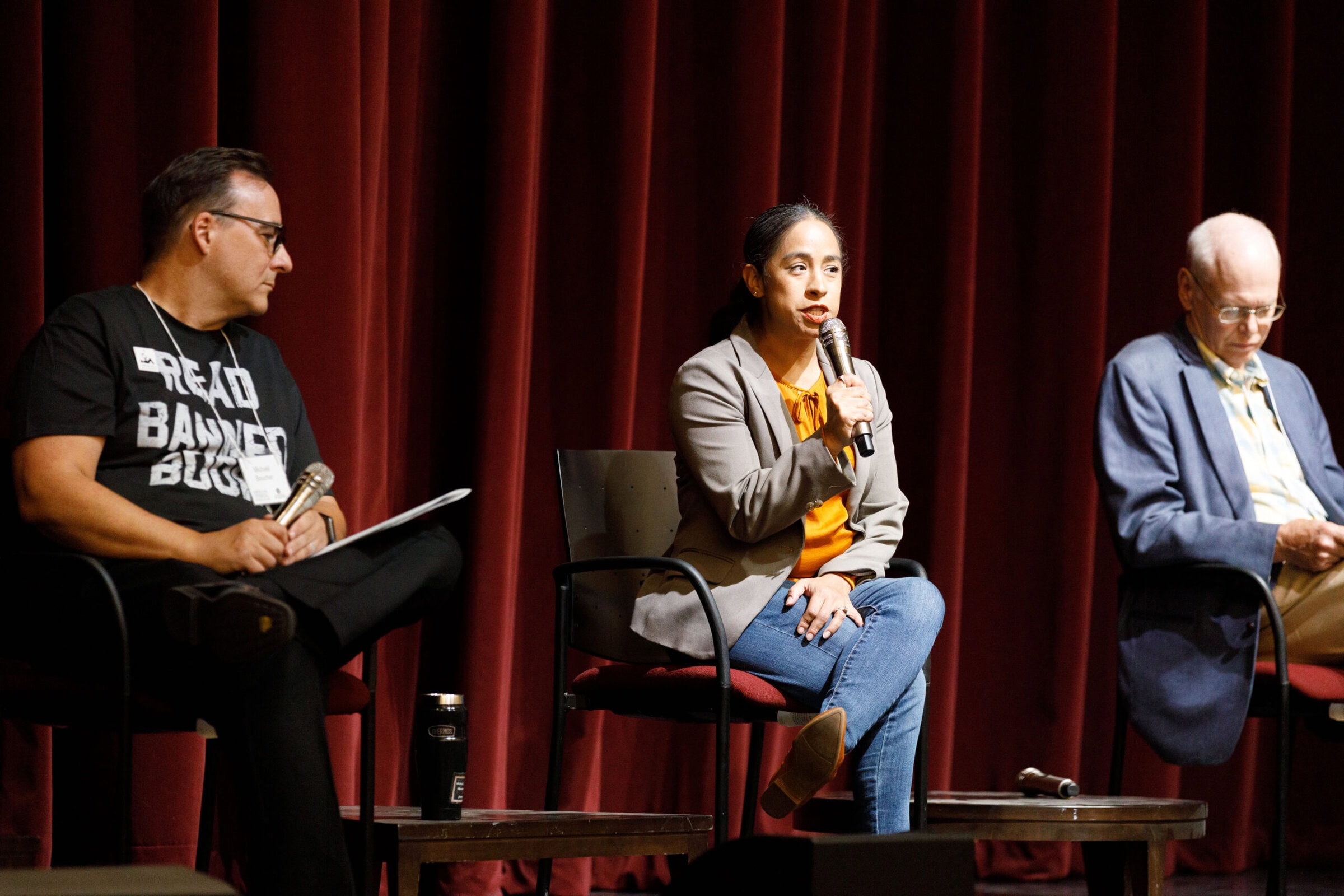The Teaching Division (TD) has enjoyed a stimulating and productive year, launching a major new initiative in K–12 collaborative education as well as advancing a host of inherited projects.
With help from the affiliated societies and an enthusiastic response from many AHA members, the division has sought to highlight and improve institutional connections among historians and social studies teachers. Following continuing if politically contentious efforts to influence state-level adoption of history-based sets of social studies standards for the nation’s public schools, the TD has adopted a “bottom-up” emphasis on direct contacts among the far-flung members of the larger history/social studies community. Programatically, the TD has taken a multipronged approach to this goal. Based on responses to an appeal in Perspectives, we have first sought to create a database (where none has existed before) of ongoing initiatives in collaborative education; thus far we have identified a fascinating array of several dozen projects aimed at social studies teachers centered in museums, archival centers, and independent schools, as well as university and college history departments. The next step is to incorporate these findings into the AHA’s web site to allow for maximum exchange of information.
Beyond publicizing current collaborative programs, the TD wants to support such educational efforts, strengthen their design and content, and generally encourage a working definition of professional community among historians that includes social studies teachers. The second tangible innovation in this direction, therefore, has been creation of the teacher-oriented “teaching workshop” sessions at the annual meeting (beginning with two sessions at the 1999 meeting—”The Politics and Culture of the 1930s” and “Ibn Battuta and the Cosmopolitan Fourteenth Century”). Aimed at attracting a heterogeneous audience of nonspecialists, the workshop sessions invited distinguished scholar/teachers to model their teaching methods in an interactive format centered on interpretation of selected “texts” in their field.
The TD is in the planning stages of two other initiatives on the collaborative educational front. A breakfast meeting cosponsored by the National History Education Network (NHEN) during the 1999 annual meeting brought together directors of collaborative projects to assess their needs, including creation of a new network within the association and possible design of other collaborative-centered sessions at the annual meeting. In addition, the TD and NHEN are moving toward a significant grant application to support a model collaborative program at select institutions across the country.
In other business, the TD all but completed decisions on several publication projects. The division approved publication—in paper and Web versions—of Terry Seip’s pamphlet on graduate student teacher education, which is in the final stages of editorial revision. Three pamphlets were sent to the AHA’s Publications Advisory Committee to be considered for publication: Teaching Innovations: Teaching to Think Historically, Audiovisuals in the Teaching of History, and Teaching Innovations: World and Global History.
Beginning in 2001 the TD will sponsor Certificates of Distinction for outstanding textbooks at the secondary level. World history textbooks will alternate with U.S. history textbooks every other year. In accord with past Council findings, the criteria for judging textbooks will include factual coverage, historical habits of mind, critical thinking, use of primary documents and variety of historical evidence, pre-publication inclusion of active teachers and research historians in editorial review procedures, and appropriateness to existing school settings. The prize committee will consist of secondary and postsecondary teachers with specialties in the designated prize categories. The TD has asked AHA affiliates to consider cosponsoring the prize.
On other matters, in response to an invitation from the Carnegie Foundation for the Advancement of Teaching, the TD has authorized Noralee Frankel to participate in the initial stages of a major Carnegie effort to enhance the status of academic work on student learning and teaching. Additionally, the TD happily notes the progress of the AHA/National Endowment for the Humanities project, “Teaching and Learning in the Digital Age: Reconceptualizing the Introductory Survey Course,” a project under way since summer 1998 in three regional centers across the country. The division also salutes the achievement of the November 1998 Pittsburgh Conference on History Learning and Teaching, a meeting coordinated by former TD vice president Peter Stearns that brought new perspectives to bear from both inside and outside the discipline on current issues in historical education. (See page 1 of this issue for a report on the conference.)
To institutionalize an arrangement that has served the TD remarkably well over the past few years, the TD sought and received approval from the Council to authorize participation of the Perspectives contributing editor for the “Teaching” column in the TD’s annual meeting and conference calls.
Finally, the TD expresses continuing appreciation to Noralee Frankel and Frances Lilly for exceptional professional guidance. We also wish to thank Sandy Freitag for her many distinguished efforts in support of outreach from the AHA to the larger historically minded public during her tenure as executive director.


